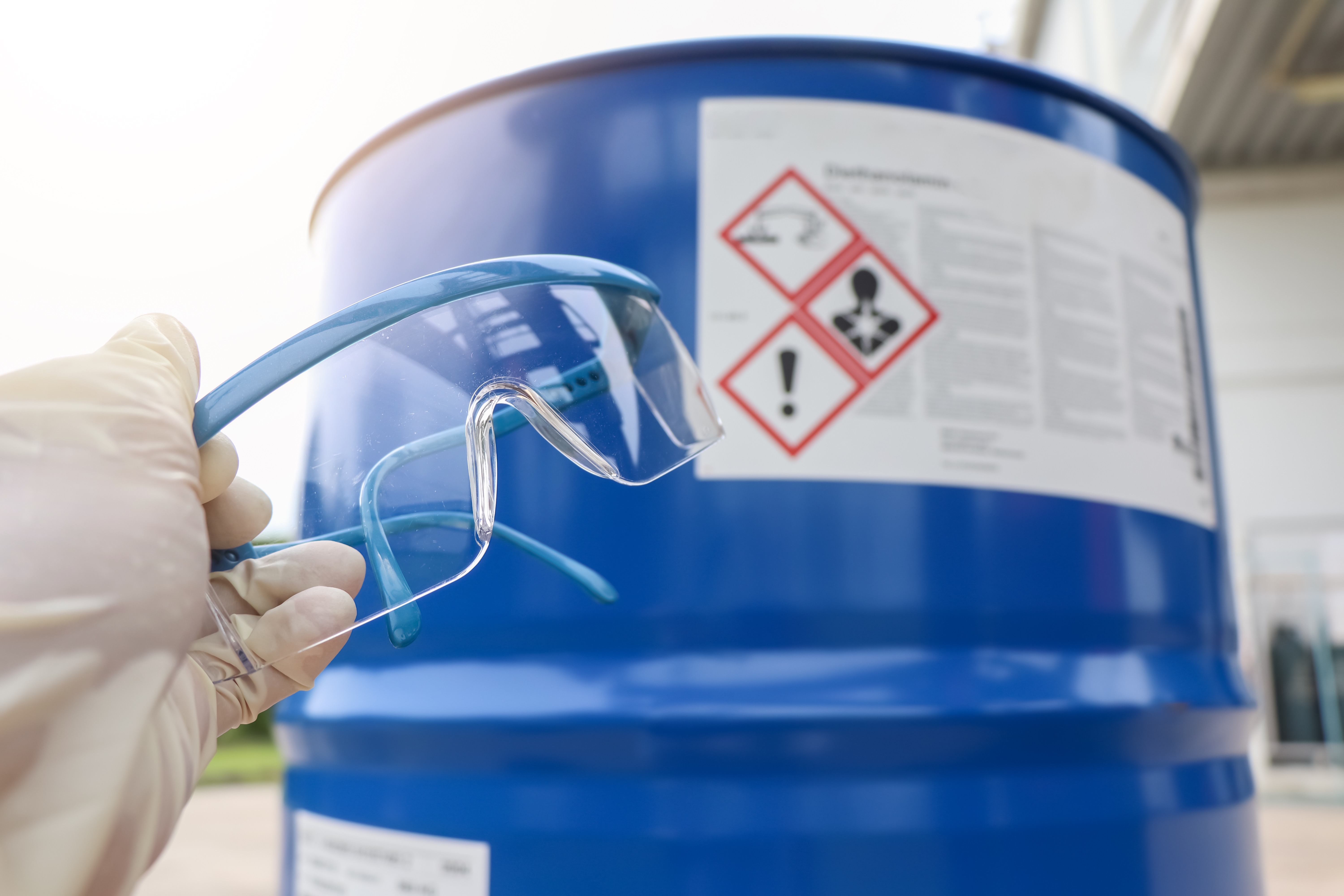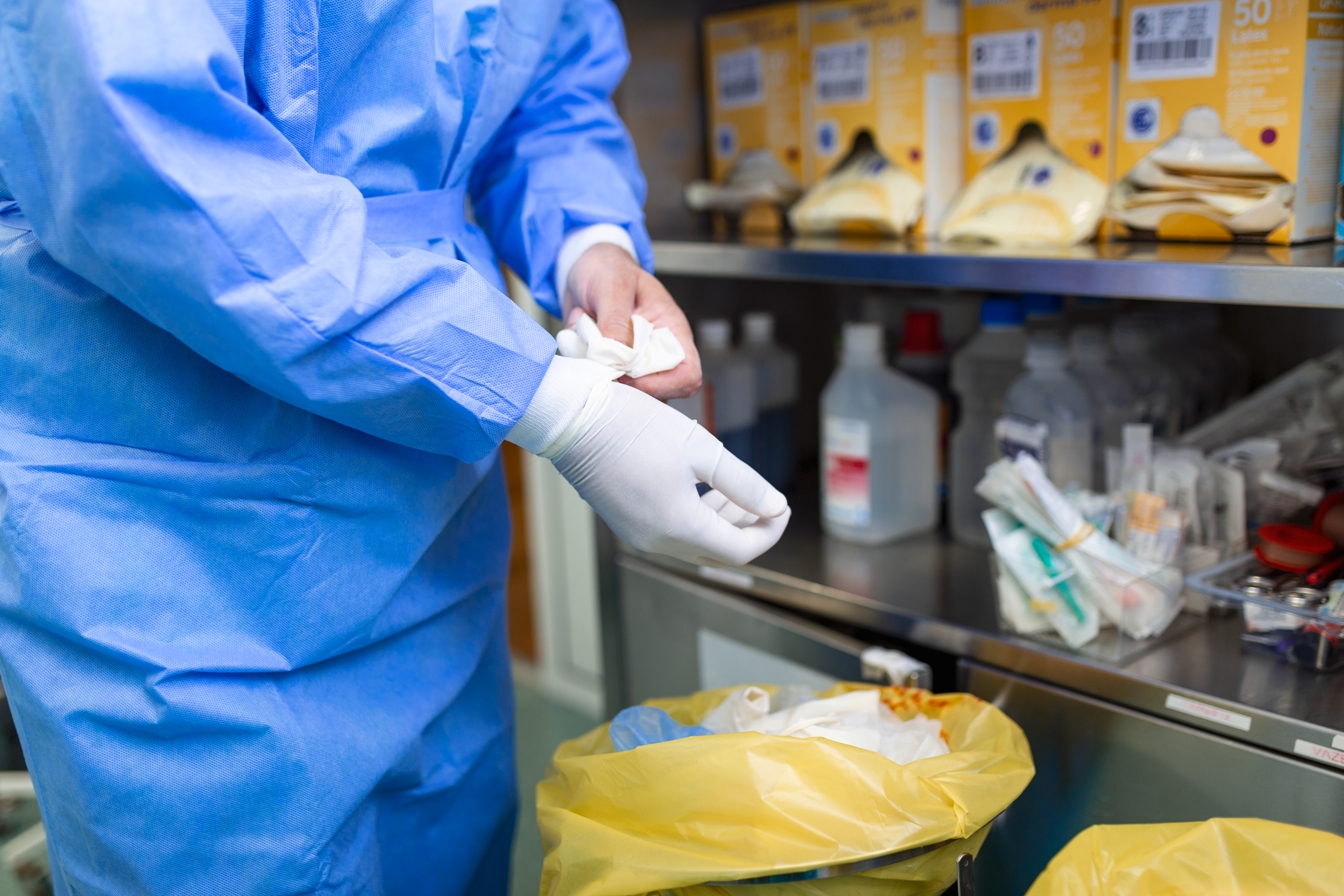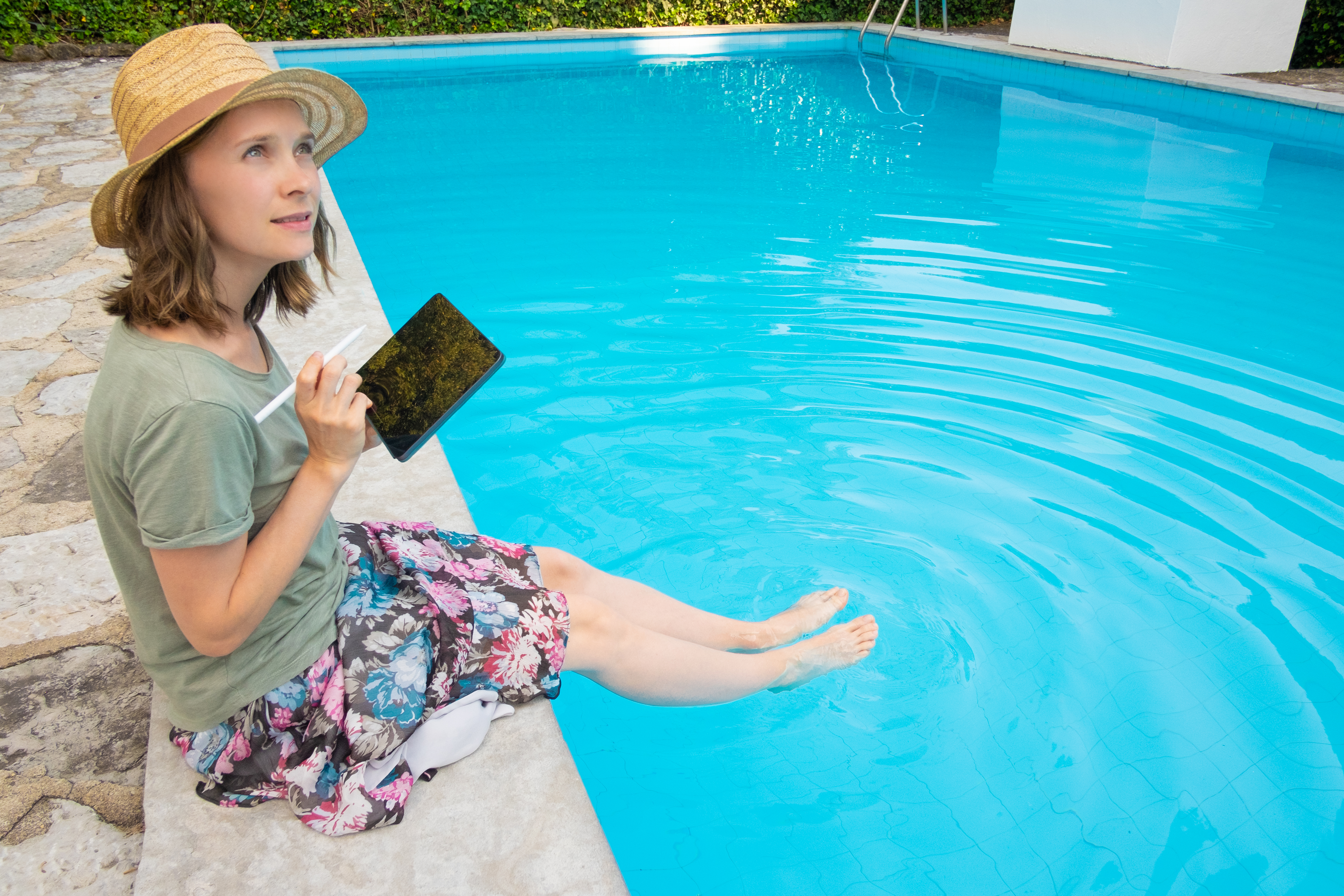
Being a pool owner enables endless relaxation and enjoyment through a swimming pool however one must practice responsible care regarding pool chemical handling and storage. The chemicals serve as essential components which preserve your pool water by eliminating bacteria along with maintaining water safety during swimming periods. The improper storage and handling of pool chemicals leads to various serious threats from chemical reactions through toxic gas emissions and fire hazards and health-related risks.
Your household safety together with both your pets and your property depends on correct best practices for pool chemical storage. The storage of chemicals in a cool dry ventilated space with original containers while preventing mixed dangerous chemicals reduces the chance of accidents. Undertaking safety practices which combine container labeling with proper storage methods together with scheduled inspections will strengthen risk reduction.
Proper storage techniques and handling practices will both improve your pool chemical effectiveness and protect your house from harm. This resource outlines fundamental strategies that all swimming pool owners need to implement for establishing secure storage conditions. These safety measures improve pool maintenance routines and simultaneously protect you and your family from possible dangers to make swimming possible throughout the season.

1. Choose the Right Storage Location
Begin proper storage by picking a protected spot that suits chemical needs. Select an area for pool chemical storage that meets three requirements: it must remain cool and dry, should include proper ventilation, and must have a secure location. High temperatures and moisture exposure in a warm and damp environment lead to chemical reactions that may leak or degrade stored substances.
Good ventilation through a storage space helps avoid dangerous chemical fume accumulation. Direct sun exposure leads to destructive chemical breakdown that makes both the chemicals ineffective and unsafe. The storage area must remain secured with a lock so unauthorized personnel cannot access the chemicals. Chemicals must be kept away from heat-generating electrical appliances and heaters because high temperatures may cause certain chemicals to ignite.
2. Use Original Containers To Store Pool Chemicals
All pool chemical storage should happen in their manufacturer-supplied labeled original containers. The manufacturers design chemical containers with two main objectives in mind: substance protection and product identification features.
- Proper handling instructions
- Expiration dates
- Safety precautions
Why is this important?
Using unmarked containers for chemical storage or performing chemical mixing operations threatens to cause dangerous consequences when combined with incorrect use.

3. Keep Chemicals Separate
Fire hazards and toxic emissions alongside explosive reactions occur when various pool chemicals come into contact with each other. To prevent dangerous interactions:
- Store acids and chlorine separately. Storage space must avoid keeping muriatic acid separated from chlorine-based chemicals at all times.
- Separate liquid and dry chemicals. Chemical spills trigger unexpected hazards because they produce dangerous chemical reactions.
- Use designated shelving. A separate storage arrangement for chemicals ensures that mix-ups between solutions remain prevented.
4. Ensure Containers Are Tightly Sealed
Correctly sealed chemical containers both protect stability and stop leakage between chemicals. When handling pool chemicals:
- Each use requires users to tightly secure lids on all containers.
- Examining the storage containers for signs of damage leads to transferring stored materials into new labeled containers when required.
- All liquid chemicals must remain both air-free and moisture-free because contact with these elements leads to ineffective clumping.
5. Keep Chemicals Off the Ground
The following steps reduce the possibility of chemical spills together with contamination:
- Place personal chemicals and pool products above the floor surface on raised mountable storage areas.
- Lower shelves should hold heavier chemical containers since this arrangement reduces the risk of accidents and leakage.
- Choose storage shelves from plastic or coated metal materials because they do not corrode the contents.
6. Safeguard From Flammable Materials
The strong oxidation properties of pool chemical chlorine compounds create fire risks when these substances touch flammable materials. Keep them away from:
- Gasoline
- Paints and solvents
- Oils and grease
- Any combustible materials
A designated chemical storage space located outside the area of household products and fuel sources will decrease safety hazards.
7. Secure Storage Spaces
You should prevent unintentional chemical poisonings and thermal burns by taking these following steps:
- The storage of pool chemicals should require either a secure cabinet lock or placement on a high elevated shelf.
- Warning signs together with labels must be used to identify dangerous substances.
- Teach all members of your family about hazardous chemical risks.
These additional safety steps create protective living conditions for everyone who stays at home.
8. Check Expiration Dates Regularly
The effectiveness of expired pool chemicals decreases and they may transform into unstable compounds. A proper storage space requires these safety measures:
- Regular examination of product expiration dates must take place.
- For proper disposal of expired chemicals follow the regulations set by local hazardous waste disposal authorities.
- Test for leaks or check for damage in storage containers then perform replacements if needed.
Your vigilance stops you from using either unproductive chemicals or dangerous materials in your swimming pool maintenance.
Importance of Protective Gears
Safety protective equipment is mandatory for shielding people from dangerous chemicals. You must use protective gear during pool chemical operations as described below:
- Gloves to protect your skin
- Goggles to shield your eyes from splashes
- A protective face covering is required to handle chemical substances which produce intense fumes.
After working with chemicals you should wash your hands completely to prevent any unintentional contact with these substances.
Final Thoughts
Pool chemical storage requires the same level of attention as their appropriate use. Proper storage of pool materials combined with the above practices will guard your family's safety in addition to protecting your pets and property assets and maintaining excellent pool conditions. Your seasonal pool experience will be accident-free and clean because of minimal safety and organization measures.
For more information, please contact info@zyax.in.